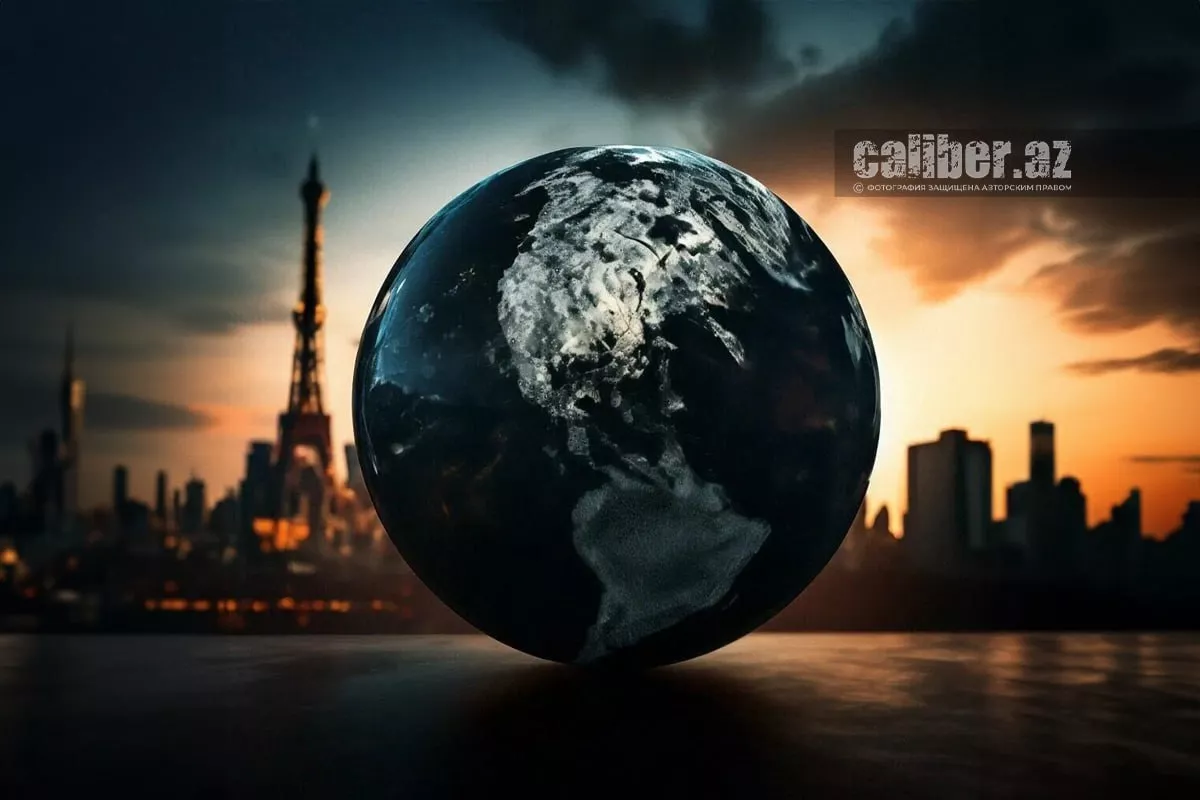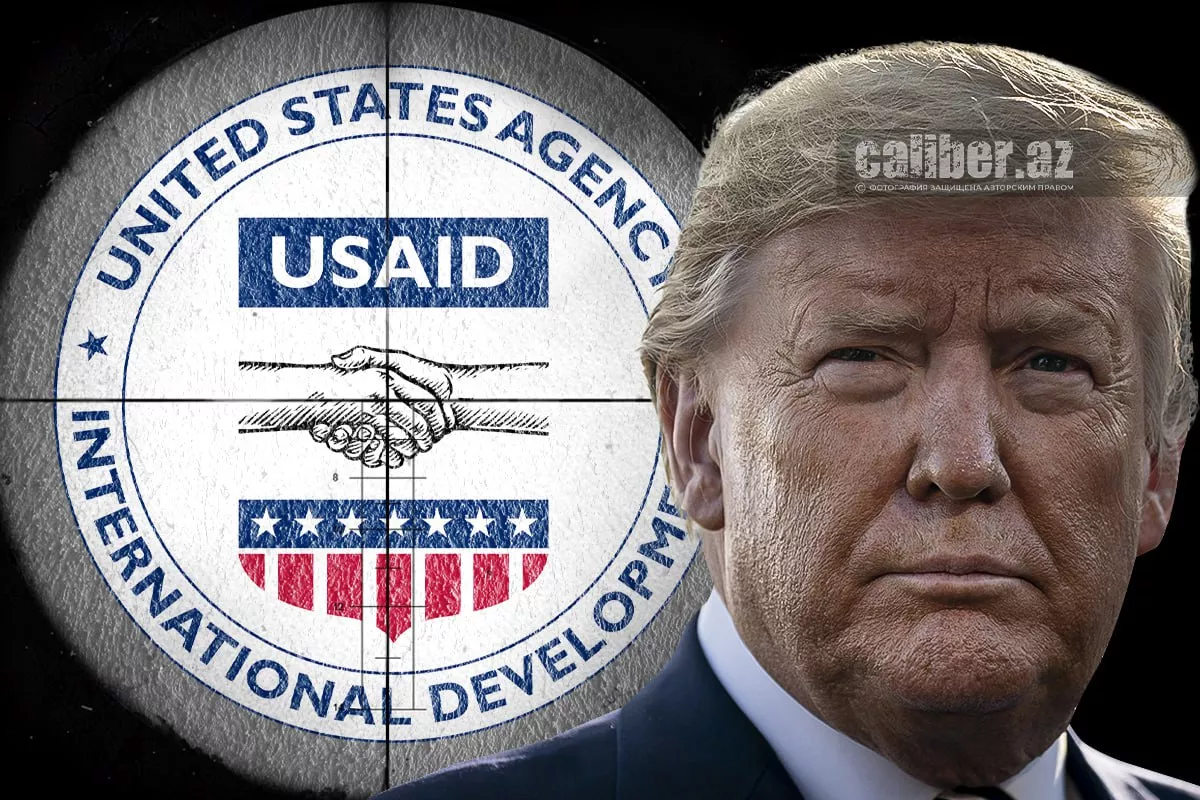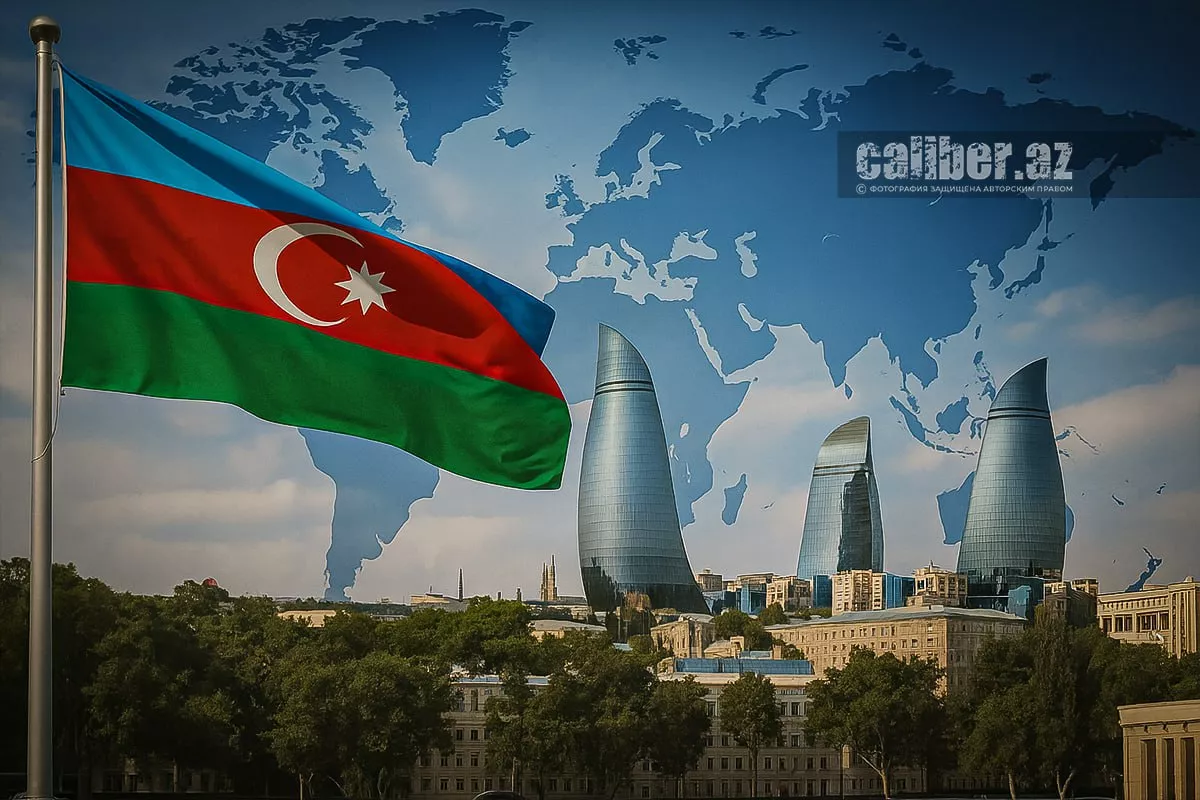Contested axiom Reflections on Western power and national resilience
For those who may have forgotten, an axiom requires no proof and provokes no objections—unlike a theorem.
For many years, a simple pattern has persisted: the West (the US and Europe), acting as a powerful duo, generates, presents, and enforces a spectrum of prescriptive rules on “what is right and what is wrong.” These issues range from human rights to regimes deemed in need of replacement. In this framework, the West assumes the role of the giver, while everyone else—the Third World, transitional economies, the least developed, or the so-called “underdeveloped”—is cast as the receiver. China and a few marginal cases, such as North Korea or Venezuela, stand apart.
There are countless ways to deliver the “given” to the “receivers”: from gentle persuasion to public shaming, from economic sanctions—“if you don’t comply, we’ll cut off your hot water”—to the deployment of NGOs and international organisations, and even conventional military interventions. This has become a well-oiled industry, yielding enormous dividends for those who, sitting tens of thousands of kilometres away, dictate how others should live, what they may or may not do, and what they must do.
Few political leaders have had the resolve to resist this seemingly infallible—and often sanctimonious—machine. Even fewer have managed to do so without losing their positions, or even their lives. In their efforts to shape the world according to their vision, Western actors have sometimes come to resemble the very communists they once opposed, attempting to “herd humanity toward a bright future with an iron hand.”

The cycle seemed endless. The West successfully pushed its agenda, despite occasional setbacks. Those managing the process mastered billions through various programs and funds. Take, for example, the Millennium Challenge Corporation, established in 2004. Azerbaijan, incidentally, was not admitted—apparently because it refused to accept external postulates as its own. Meanwhile, the structure enabled selected countries—chosen based on “compliance” standards—to receive enormous sums; in 2007 alone, $2 billion was distributed. Countless debates, statements, and accusations followed—all vying for a share of the pie, and even for the crumbs, which were far from insignificant. This year, the Corporation was quietly dissolved. Apparently, there are no more “challenges” left.

Even the seemingly invincible USAID has been shut down—as if it never existed. The UN system is also facing enormous challenges, and the very existence of its development-focused departments is being questioned. Don’t get me wrong—I am not celebrating every decision to close or liquidate these organisations. Thousands upon thousands of people around the world have received—and, in the case of the UN, continue to receive—vital assistance. The problem is that aid to those in need has increasingly taken a back seat, becoming hostage to accompanying processes: political correctness, political expediency, and political compatibility.
The child was thrown out, not along with the bathwater, but instead of it. The “limit” of what is acceptable—stretched to the breaking point by a whole host of politicians, activists, scholars, and various functionaries—snapped like a rubber cord and recoiled. And it continues to swing from one extreme to the other. Soon, words like “tolerance,” “multiculturalism,” and “cultural coexistence” may become almost offensive. Could this have been avoided?
Probably yes. But the past cannot be undone. Now it is necessary to adequately understand what to do with the present. There is no single answer to this question. First, those who have endured need an opportunity to vent. Attempting to obstruct this spontaneous, yet wisely utilised force of rejection and denial—employed by a number of political leaders, led by US President Trump—will lead to nothing good. From the “West” equation, a system-forming element— the US—has fallen away. Europe, unaccustomed to such solo flights, struggles desperately to find its bearings. For now, however, it is mostly suffering—from its own citizens.
All these events unfold against the backdrop of a rapidly shrinking global living space, where everyone depends on everyone else—sometimes positively, sometimes destructively. No one can afford isolationism, but healthy “localism” is just right. Think globally, act locally. It is clear that the storm outside rattles the windows and the wind howls under the roof, but if the home is warm, calm, and comfortable, weathering the storm is easier. The catch is that the house must be constantly maintained, strengthened, and managed.

Let those who wish challenge planetary axioms or invent new ones. For countries like ours, the primary focus must be dynamic internal development, grounded in the realities of the surrounding world. It is precisely this development that shapes the strength of our voice beyond our borders. The path Azerbaijan has travelled—from a defeated, lost nation that had lost faith in its future to a proud, self-sufficient regional leader—is why we are not only able to stand on equal footing with the world’s powers, but at times are needed by them just as much as they are by us.
Yes, we have our own problems and unresolved issues. But progress is an endless process. As the country develops, for every answer found, at least a few new questions emerge.
And as our history demonstrates, Azerbaijan is more than capable of tackling the most complex challenges of our time.








